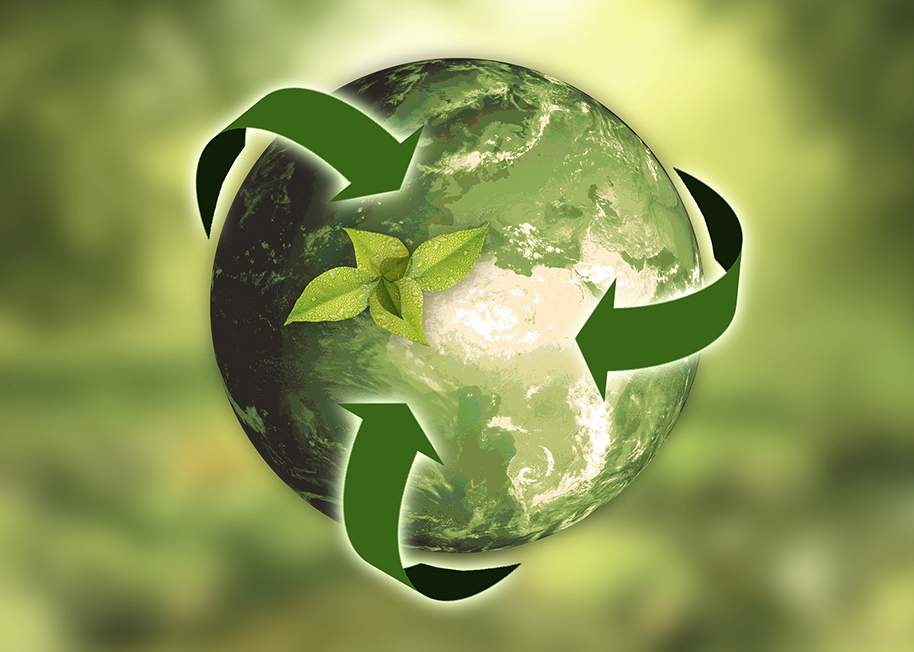The last decade has not painted well for the environment and the future of the planet. The emissions of pollutant gases from fossil fuel consumption since the beginning of 2010 have been equivalent to approximately 407 billion tons of CO2. Equivalent to one-sixth of all pollutant gases emitted by humans throughout their history in just the last 10 years.
Depending on the estimates we have about 10 to 20 years more so that all kinds of hope are lost to avoid the temperature rise by 2 degrees Celsius. The road remains at 1.5ºC with a direction not very favorable for the planet. The highest pollution peaks in relation to energy were recorded in 2018.

However, there is evidence that the transformation has begun to develop, especially in the area of energy, where the greatest amount of emissions are found. In order to understand it better, we should see the reference scenarios where the world was not supposed to follow the plans to reduce carbon emissions and another where efforts to reduce or limit carbon were constant, unfortunately, we are far from being in the second scenario.
In this, the richest countries would gather to see how to reduce carbon emissions by 2020, also the world’s largest economies would gather to see how to reduce their emissions and thus help the planet. Despite the sad reality, electricity generating companies have managed to pump 13.6 billion metric tons of CO2 in 2017.
This is somewhat impressive, but even so, the lack of political action for economic interests, subtracting from the radioactivity emissions of the Fukushima plant in 2011 that segregated at least 2.4 billion carbon for 6 years, has left emissions in the network would be within the expectation of the most promising scenario.
